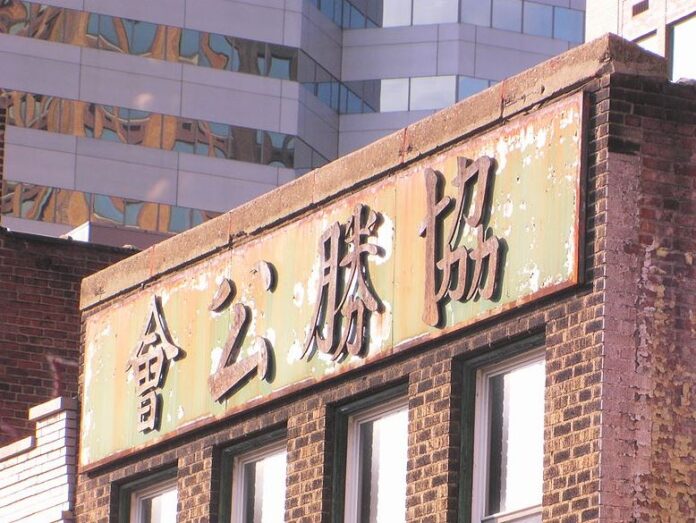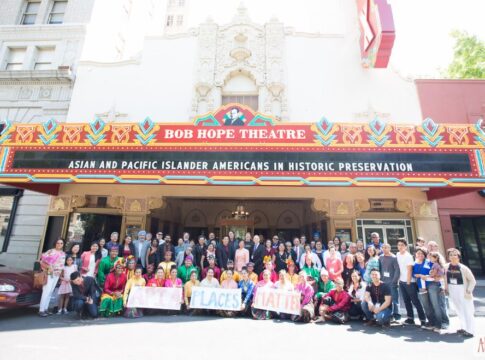A single restaurant is all that remains of Pittsburgh’s original Chinatown. But an AAPI advocacy organization is fighting tooth and nail for the city to properly recognize the neighborhood.
The Pittsburgh chapter of the Organization of Chinese Americans (OCA) launched a GoFundMe in May for a celebration of Chinatown’s new designation as a state historical marker. The group is requesting $7000 for a bronze plaque to commemorate the honor as well as a celebratory in-person event in September.
According to the Pittsburgh Post-Gazette, Chinatown’s landmark selection caps a long quest for recognition. OCA had applied for the acknowledgment four times over 12 years before finally receiving a yes from the Pennsylvania Historical & Museum Commission this year.
“At the time I was resentful because some of the denial comments that came our way were things like, ‘There aren’t enough significant or important individuals listed associated with that space,'” OCA President Marian Lien told the Post-Gazette. “Well I’m sorry but that’s a bit of a racist remark.”
Pittsburgh’s Chinatown, according to the Incline, was once a lively neighborhood, founded by immigrant laborers in the late 1800s, that spanned several blocks of shops and restaurants. It even had an unofficial mayor’s office to honor community leaders.
LATEST STORIES
“Chinatown was the cultural and economic center of the Chinese community in western Pennsylvania that served Chinese populations in New York, Ohio and West Virginia,” according to the Historical & Museum Commission’s website.
However, the nearby construction of a major street, the Boulevard of Allies, in the 1920s pushed out Chinese residents in what the Incline termed an “act of redlining.” While Chinese communities have populated other regions in the city, the restaurant Chinatown Inn is the area’s last vestige of the old days.
Lien said that regardless of how large Chinatown is today, it merits recognition for its contributions to Pittsburgh. She added that she hopes the in-person celebration will symbolize the end of the pandemic and the violence it has sparked against Asian Americans.
“It felt a little bit like the city or maybe the state was ashamed of us, and that’s why there was that attitude to our applications,” Lien told the Post-Gazette. “I hope the city does come out to help us celebrate it big and prove that I’m wrong about that.”
AsAmNews has Asian America in its heart. We’re an all-volunteer effort of dedicated staff and interns. Check out our new Instagram account. Go to our Twitter feed and Facebook page for more content. Please consider interning, joining our staff, or submitting a story or making a contribution.








